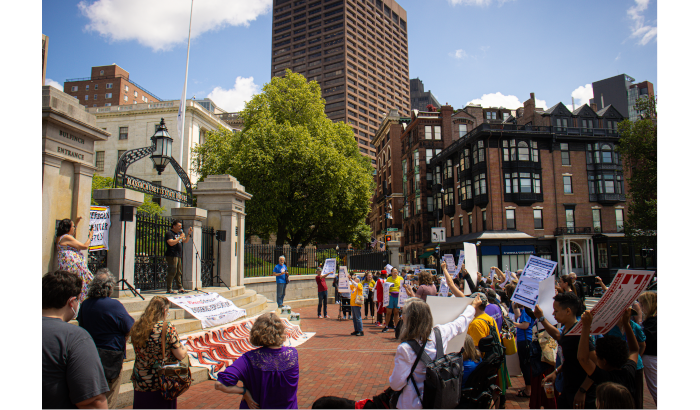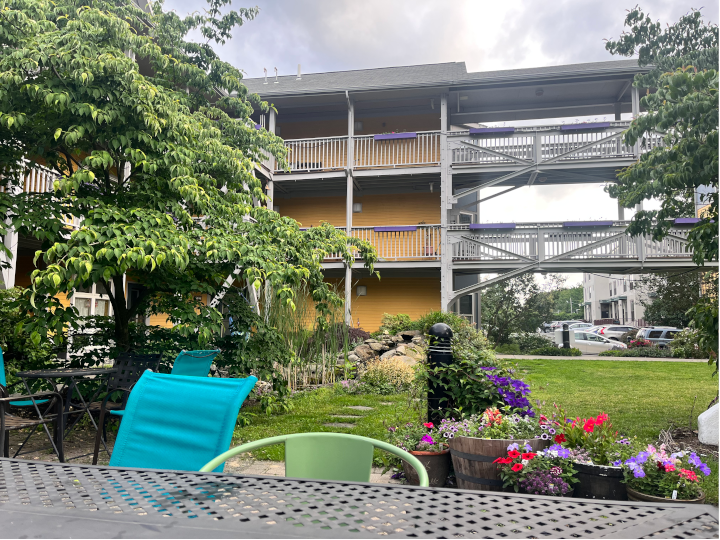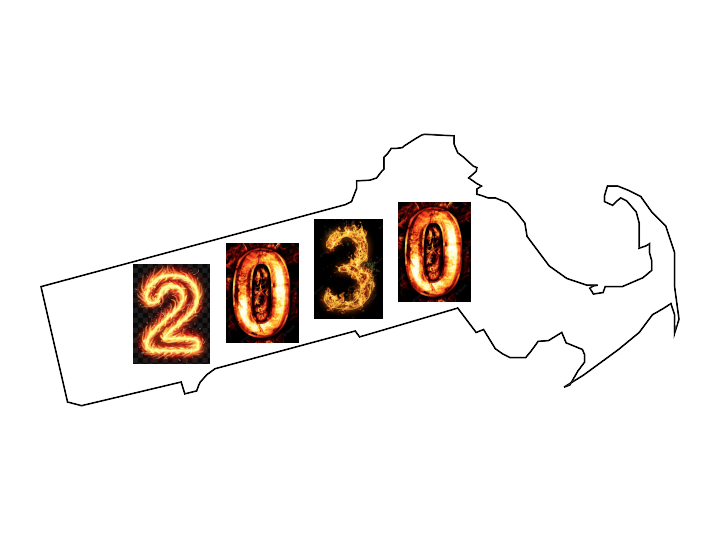The raft of five bills is years in the making, and has revitalized community advocacy despite facing an uphill battle in the State House
BOSTON—The campaign for indigenous rights in Massachusetts has culminated in the introduction of the 2023-2024 Indigenous Legislative Agenda, a set of five bills that address the historic plight of Indigenous people in the state.
A coalition of activist groups and progressive lawmakers are supporting these bills through the Mass legislature in their pursuit of justice for the Native American tribes who have inhabited New England for centuries.
“The state of Massachusetts has for over 350 years ignored indigenous peoples in the state,” said Danielle DeLuca, co-founder of Italian Americans for Indigenous Peoples Day and member of Cultural Survival. “It’s just high time that we pay attention to the folks in this state that have been marginalized and ignored. They have some important issues and they deserve our support.”
Massachusetts’ adversarial history with its indigenous population goes back centuries. In fact, the name of the state is derived from the Massachusett tribe of the Great Blue Hills, who, after being decimated by diseases brought by the Pilgrims and assimilated by their missionaries, are no longer recognized as an extant tribe by the federal government or by the Commonwealth of Massachusetts.
The other tribes who inhabit the New England area, like the Wampanoag, Narragansett, and Nipmuc, also faced similar repression and maltreatment, but most of them maintain some level of government recognition and support in the modern day.
All five bills of the Indigenous Legislative Agenda (H.2989, H.3248, H.477, H.529 and H.536) aim to rectify some of the historical harms done to Native American tribes in the New England area.
Claire-Karl Muller, a staff member of Unitarian Universalist Mass Action Network, expanded on them, “So there are three bills that pertain to our public school system. The first one is about prohibiting indigenous people to be used in any way [as] mascots. The second one is around our public school curriculum and making sure that we are teaching not only about what happened in the 1600s, but the present history and culture around indigenous folks… And then the third bill is around educational outcomes of our native youth.”
The final two bills in the agenda address Massachusetts institutions and customs: a “heritage bill” that would direct museums and universities to return indigenous artifacts to their tribal owners, and a bill to “establish Indigenous People’s Day statewide,” as a replacement for Columbus Day.
The Indigenous Legislative Agenda is supported by activist groups from across the state, including Cultural Survival, Italian Americans for Indigenous People’s Day, GreenRoots, Network for Social Justice, Mass Peace Action and SURJ Boston among others. Despite this popular support, nearly every bill in the Indigenous Legislative Agenda has died in committee at least once during a past legislative session.
H.3248, for example, which would “ensure that Native American funerary objects, sacred objects, and objects of cultural patrimony… held in governmental, municipal or non-profit collections are not sold for profit,” was introduced in the 191st, 192nd, and now the 193rd legislative sessions without being passed out of committee. H.477, which is “An Act prohibiting the use of Native American mascots by public schools in the Commonwealth,” is now in its fourth concurrent legislative session.
The groups behind the Indigenous Legislative Agenda have had success in promoting legislation in the past, specifically Chapter 2 of the Resolves of 2020 that established a commission to design a new state flag and motto for Massachusetts. Former Governor Charlie Baker signed the bill in 2021. The commission missed its original deadline of October 1, 2021, but has recently announced progress in its search for a more equitable symbol and phrase to represent the Bay State. Until its most recent request for a deadline extension is approved by Maura Healey’s administration, however, the issue remains in legal limbo.
Now more than six months into the 2023-2024 legislative session, thousands of bills have already been filed with the Senate and the House of Representatives, so a key step in getting the Indigenous Legislative Agenda passed is simply drawing lawmakers’ attention to it amidst the sea of proposed legislation.
To that end, several activist organizations organized a demonstration on June 15 in front of the State House to rally support for the Indigenous Legislative Agenda. After several speeches by Native American activists, community organizers, and state representatives, the group entered the building to lobby lawmakers directly.
Most lawmakers were in session that day, so that only a handful of groups were able to speak to a legislator in person. Still, the activists had high hopes for the future of their campaign.
“These are largely no-brainer bills. These are all bills within past sessions that have been reported out favorably … there is overwhelming support from the community,” said Jean-Luc Pierite, one of the rally’s key organizers and member of the Tunica-Biloxi Tribe of Louisiana.
“We want to build on this momentum so that we can get to these even deeper issues … if there are other things that on the federal level happen to us as Native people, we need to make sure that Massachusetts as a state can help build with us and help respond.”
The Supreme Court’s recent surprise decision in Haaland v. Brackeen, a case from Texas that upheld the Indian Child Welfare Act, along with the election of Democrat Maura Healey to the Governor’s Office, may lend some credence to Indigenous activists’ optimism. Healey has voiced support for Native American Heritage Day in the past.
Progressive legislators, many of whom have consistently sponsored and promoted the bills in the Indigenous Legislative Agenda, also shared in the enthusiasm of their supporters and community organizers during the rally.
“Your agenda is our agenda,” said Senator Susan Moran in a speech at the rally. “We want to be sure that the indigenous legislative agenda gets through. Be loud and proud, and thank you for coming here to advocate.”
This article was produced for HorizonMass, the independent, student-driven, news outlet of the Boston Institute for Nonprofit Journalism, and is syndicated by BINJ’s MassWire news service.
Yaakov Aldrich (any/all) is a HorizonMass reporter. They are a Boston-based student journalist and photographer, currently studying English and Political Science at Northeastern University, where they also write regularly for the Huntington News. Yaakov follows local stories about political activism, community events, and art in Boston.






